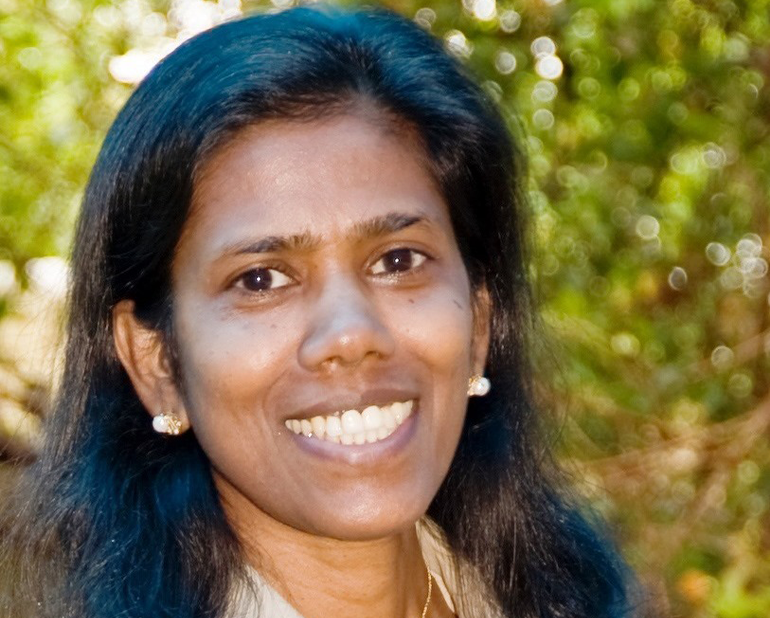Getting In Earlier: Ground-breaking Child and Adolescent MH Investment in NSW
The NSW Branch of the Royal Australian and New Zealand College of Psychiatrists (RANZCP) congratulates Minister Bronnie Taylor, Premier Berejiklian and Treasurer Perottet on this critical investment in MH services for children and adolescents in NSW. The $109.5 million announced represents the single most significant investment in child and adolescent mental health services in Australia’s history.

